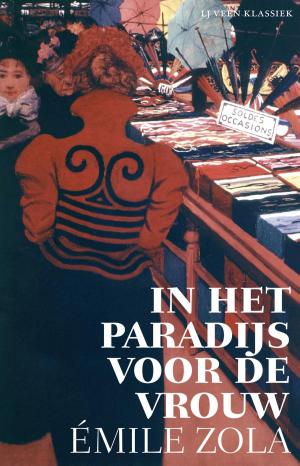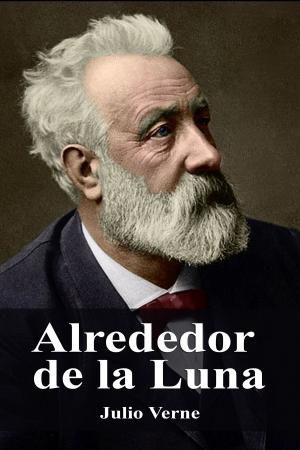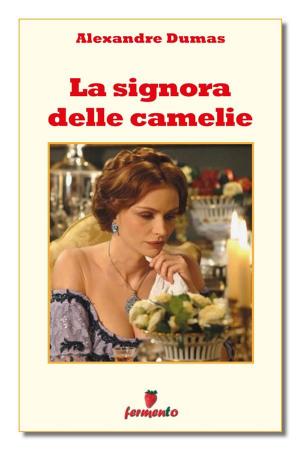Oliver Twist, Volume 3 (of 3) (Illustrations)
Fiction & Literature, Westerns, Action Suspense, Classics| Author: | Charles Dickens, George Cruikshank | ISBN: | 1230000297592 |
| Publisher: | RICHARD BENTLEY | Publication: | February 6, 2015 |
| Imprint: | Language: | English |
| Author: | Charles Dickens, George Cruikshank |
| ISBN: | 1230000297592 |
| Publisher: | RICHARD BENTLEY |
| Publication: | February 6, 2015 |
| Imprint: | |
| Language: | English |
Example in this ebook
CHAPTER XXXVII.
CONTAINING AN ACCOUNT OF WHAT PASSED BETWEEN MR. AND MRS. BUMBLE AND MONKS, AT THEIR NOCTURNAL INTERVIEW.
It was a dull, close, overcast summer evening, when the clouds, which had been threatening all day, spread out in a dense and sluggish mass of vapour, already yielded large drops of rain, and seemed to presage a violent thunderstorm,—as Mr. and Mrs. Bumble, turning out of the main street of the town, directed their course towards a scattered little colony of ruinous houses, distant from it some mile and a-half, or thereabouts, and erected on a low unwholesome swamp, bordering upon the river.
They were both wrapped in old and shabby outer garments, which might perhaps serve the double purpose of protecting their persons from the rain, and sheltering them from observation; the husband carried a lantern, from which, however, no light yet shone, and trudged on a few paces in front, as though—the way being dirty—to give his wife the benefit of treading in his heavy foot-prints. They went on in profound silence; every now and then Mr. Bumble relaxed his pace, and turned his head round, as if to make sure that his helpmate was following, and, discovering that she was close at his heels, mended his rate of walking, and proceeded at a considerable increase of speed towards their place of destination.
This was far from being a place of doubtful character, for it had long been known as the residence of none but low and desperate ruffians, who, under various pretences of living by their labour, subsisted chiefly on plunder and crime. It was a collection of mere hovels, some hastily built with loose bricks, and others of old worm-eaten ship timber, jumbled together without any attempt at order or arrangement, and planted, for the most part, within a few feet of the river’s bank. A few leaky boats drawn up on the mud, and made fast to the dwarf wall which skirted it, and here and there an oar or coil of rope, appeared at first to indicate that the inhabitants of these miserable cottages pursued some avocation on the river; but a glance at the shattered and useless condition of the articles thus displayed would have led a passerby without much difficulty to the conjecture that they were disposed there, rather for the preservation of appearances than with any view to their being actually employed.
In the heart of this cluster of huts, and skirting the river, which its upper stories overhung, stood a large building formerly used as a manufactory of some kind, and which had in its day probably furnished employment to the inhabitants of the surrounding tenements. But it had long since gone to ruin. The rat, the worm, and the action of the damp, had weakened and rotted the piles on which it stood, and a considerable portion of the building had already sunk down into the water beneath, while the remainder, tottering and bending over the dark stream, seemed to wait a favourable opportunity of following its old companion, and involving itself in the same fate.
It was before this ruinous building that the worthy couple paused as the first peal of distant thunder reverberated in the air, and the rain commenced pouring violently down.
“The place should be somewhere here,” said Bumble, consulting a scrap of paper he held in his hand.
“Halloa there!” cried a voice from above.
Following the sound, Bumble raised his head, and descried a man looking out of a door, breast-high, on the second story.
“Stand still a minute,” cried the voice; “I’ll be with you directly.” With which the head disappeared, and the door closed.
To be continue in this ebook
Example in this ebook
CHAPTER XXXVII.
CONTAINING AN ACCOUNT OF WHAT PASSED BETWEEN MR. AND MRS. BUMBLE AND MONKS, AT THEIR NOCTURNAL INTERVIEW.
It was a dull, close, overcast summer evening, when the clouds, which had been threatening all day, spread out in a dense and sluggish mass of vapour, already yielded large drops of rain, and seemed to presage a violent thunderstorm,—as Mr. and Mrs. Bumble, turning out of the main street of the town, directed their course towards a scattered little colony of ruinous houses, distant from it some mile and a-half, or thereabouts, and erected on a low unwholesome swamp, bordering upon the river.
They were both wrapped in old and shabby outer garments, which might perhaps serve the double purpose of protecting their persons from the rain, and sheltering them from observation; the husband carried a lantern, from which, however, no light yet shone, and trudged on a few paces in front, as though—the way being dirty—to give his wife the benefit of treading in his heavy foot-prints. They went on in profound silence; every now and then Mr. Bumble relaxed his pace, and turned his head round, as if to make sure that his helpmate was following, and, discovering that she was close at his heels, mended his rate of walking, and proceeded at a considerable increase of speed towards their place of destination.
This was far from being a place of doubtful character, for it had long been known as the residence of none but low and desperate ruffians, who, under various pretences of living by their labour, subsisted chiefly on plunder and crime. It was a collection of mere hovels, some hastily built with loose bricks, and others of old worm-eaten ship timber, jumbled together without any attempt at order or arrangement, and planted, for the most part, within a few feet of the river’s bank. A few leaky boats drawn up on the mud, and made fast to the dwarf wall which skirted it, and here and there an oar or coil of rope, appeared at first to indicate that the inhabitants of these miserable cottages pursued some avocation on the river; but a glance at the shattered and useless condition of the articles thus displayed would have led a passerby without much difficulty to the conjecture that they were disposed there, rather for the preservation of appearances than with any view to their being actually employed.
In the heart of this cluster of huts, and skirting the river, which its upper stories overhung, stood a large building formerly used as a manufactory of some kind, and which had in its day probably furnished employment to the inhabitants of the surrounding tenements. But it had long since gone to ruin. The rat, the worm, and the action of the damp, had weakened and rotted the piles on which it stood, and a considerable portion of the building had already sunk down into the water beneath, while the remainder, tottering and bending over the dark stream, seemed to wait a favourable opportunity of following its old companion, and involving itself in the same fate.
It was before this ruinous building that the worthy couple paused as the first peal of distant thunder reverberated in the air, and the rain commenced pouring violently down.
“The place should be somewhere here,” said Bumble, consulting a scrap of paper he held in his hand.
“Halloa there!” cried a voice from above.
Following the sound, Bumble raised his head, and descried a man looking out of a door, breast-high, on the second story.
“Stand still a minute,” cried the voice; “I’ll be with you directly.” With which the head disappeared, and the door closed.
To be continue in this ebook















